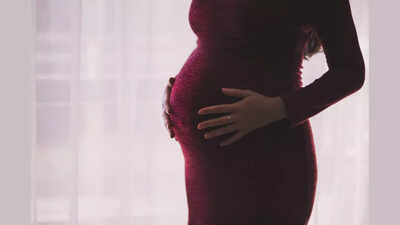ARTICLE AD BOX

Climate change is driving an increase in wildfires and heatwaves, posing significant risks to humans, particularly for pregnant women. Exposure to wildfire smoke and extreme heat is linked with adverse birth outcomes, such as low birth weight and preterm birth.
Although understanding the effects of joint exposure to wildfire smoke and extreme heat during pregnancy is challenging—due to the variability in smoke dispersion, heat stress, and other social or environmental factors—it is still possible to assess how these combined climate hazards may impact maternal and fetal health.According to Earth.com, a study published in Environmental Science & Technology evaluated how exposure to wildfire smoke and extreme heat during pregnancy could increase the risk of adverse birth outcomes.
This research demonstrates how climate change may worsen these overlapping risks and ultimately cause reduced birth weights and impaired fetal growth.
Effect of wildfire smoke and heat stress on maternal health
Extreme heat — also linked to climate change — can be dangerous for pregnant women, as their bodies are less efficient at cooling down. If a pregnant woman is exposed to wildfire smoke and pollutants like polycyclic aromatic hydrocarbons that cross the placental barrier, it may negatively impact fetal growth and cause low birth weight and pre-term birth.
The smoke created in wildfires is made up of fine particulate matter and other harmful substances and can penetrate deeply into the lungs and bloodstream. Prolonged exposure to high temperatures can create adverse pregnancy complications such as miscarriage, low birth weight, and pre-term labour.
Compound climate hazards are worsening pregnancy outcomes
Socially disadvantaged and marginalised communities tend to face higher exposures due to housing quality, limited access to basic facilities, and cooling resources, thus creating a “climate gap” in health outcomes. Wildfire smoke and heat stress often occur simultaneously, escalating their harmful effects on maternal and fetal health. To develop effective strategies and protect vulnerable populations, it is essential to understand how wildfire smoke and heat stress jointly affect pregnancy outcomes.Also read | Sudden joint pain? Here are 10 possible causes



.png)
.png)
.png)
















 5 hours ago
5
5 hours ago
5









 English (US) ·
English (US) ·